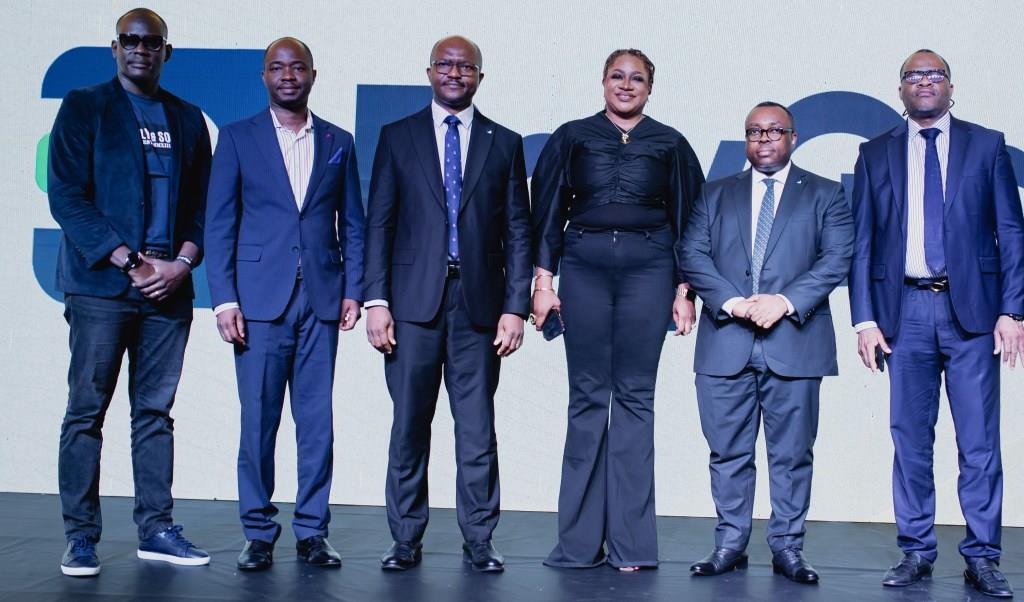Experts see tactical caution from MPC rates review as CBN denies naira floatation
Though the first Central Bank of Nigeria (CBN) Monetary Policy Committee (MPC) meeting has come and gone Tuesday, reviewing rates in the following manner; vis, benchmark interest rate at 14 per cent, Cash Reserve Ratio (CRR) and liquidity ratio were left at 22.5 per cent and 30 per cent respectively, analysts see the development as the height of caution.
At the end of meeting, the 10 members present at the meeting decided unanimously to keep the asymmetric corridor at +200 and +500 basis points.
The position of CBN according to Dr. Ken Igboanugo “indicates that recovering from the forex crisis is still miles away unless there is serious injection foreign massive capital to the economy either in form of loans or foreign direct investment which I doubt”.
“The communiqué so signed by the CBN Governor still show serious signs of recession even though the foreign reserve is looking up.
“Again, just like CBN said, toiling with the reserve will mean death sentence for the economy and that is pretty true as things stand now.
Continuing, Igboanugo averred that “Nigerian economy is still in technical coma and is in need of a synergy in monetary and fiscal policies this time to avoid counterproductive policy rollouts because any further policy default will mean collapse of the economy.
Corroborating Igboanugo’s line of reasoning, market analyst at FXTM, Lukman Otunuga was of the view that “the central bank has decided to maintain a cautious approach amid the ongoing instability.
“The fact that the nation is currently entangled in a fierce battle with cost-push inflation has created unease with concerns already heightened over the CBN running low on ammunition. It must be understood that the cause behind the incessant rise in consumer prices is the disparity between the official and black market exchange.
“Many producers in Nigeria do not have the ability to purchase the naira on the official exchange and are forced to use the black market, which inevitably will make the products more expensive.
“The additional costs are reflected in prices, which punish consumers and spark higher inflation levels. While most have suggested that the black market should not exist, it is the simple fundamentals of supply and demand that fuel this exchange.
“There is a possibility of the CBN accepting that the black market represents the true value of the naira, which should encourage further devaluations on the official exchange this year in a bid to reclaim stability.
“Although major financial institutions such as the IMF and World Bank have predicted that Nigeria may exit recession this year, the nation still remains exposed to both external and internal risks, which should keep the CBN on high alert.”
Just as experts cautioned on external reserves, CBN governor, Godwin Emefiele said the improved external reserves does not call for wasteful spending as Nigeria needs all financial strength it can muster to exit recession.
Continuing, Emefiele denied free floatation of naira, saying it’s a technically managed float designed to avoid the trend going beyond CBN’s expectation.









